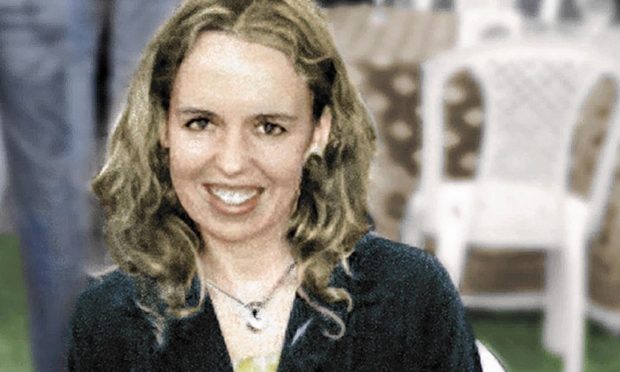A charity set up in memory of a Western Isles aid worker killed in Afghanistan has recruited 21 young women to study medicine in the country.
The Linda Norgrove Foundation is now seeking a volunteer to increase interest in those wanting to taking up medical scholarships in a country where large numbers of female doctors fled during the wars.
It is now almost eight years since Linda, 36, originally from Uig on Lewis, was kidnapped while working for a charity in Afghanistan where she was overseeing development projects such as road building and irrigation projects.
She died in a failed rescue attempt by US Forces on October 8, 2010.
Her parents John and Lorna wanted their daughter to be remembered for her contribution to life rather than her tragic death and established the Foundation to help women and children affected by the wars.
The Foundation has distributed more than £1 million and funded more than 80 grass-roots projects.
It is now providing scholarships to 21 young women studying medicine and hopes to increase the programme and apply for more funding from the Department for International Development.
Linda’s mother Lorna said there was an enormous need to increase the number of women doctors in the country.
She explained: “Many of the medical professionals fled the country during the wars and have never returned. In 2013 there were only 2.7 doctors for every 10,000 people in Afghanistan – compared to 28 doctors for the same number of people in UK.
“We gave our first medical scholarship in 2014 and we now support 21 young women, thanks to the kind generosity of individual donors.”
There is a particular problem with a shortage of women doctors in Afghanistan, especially in more conservative rural areas where many men refuse to let their women be treated by a male doctor.
Some women fail to receive any treatment as a result and many have died.
Now the charity is hoping they can find a volunteer who will help them increase the number of women they can help by assisting with the grant application and administration process.
Lorna said: “We’re keen to increase the number of students we can support, but undertaking the administration and liaising with our programme managers in Kabul and the students takes time.
“Obviously we’re looking for someone who believes in what we’re doing and they should have tenacity.
“We’d ideally prefer a graduate with administrative ability, and some experience of either medicine or international development – or both.”
The charity is always looking for additional donors as the cost of sponsoring a student each year is just over £1,000.
